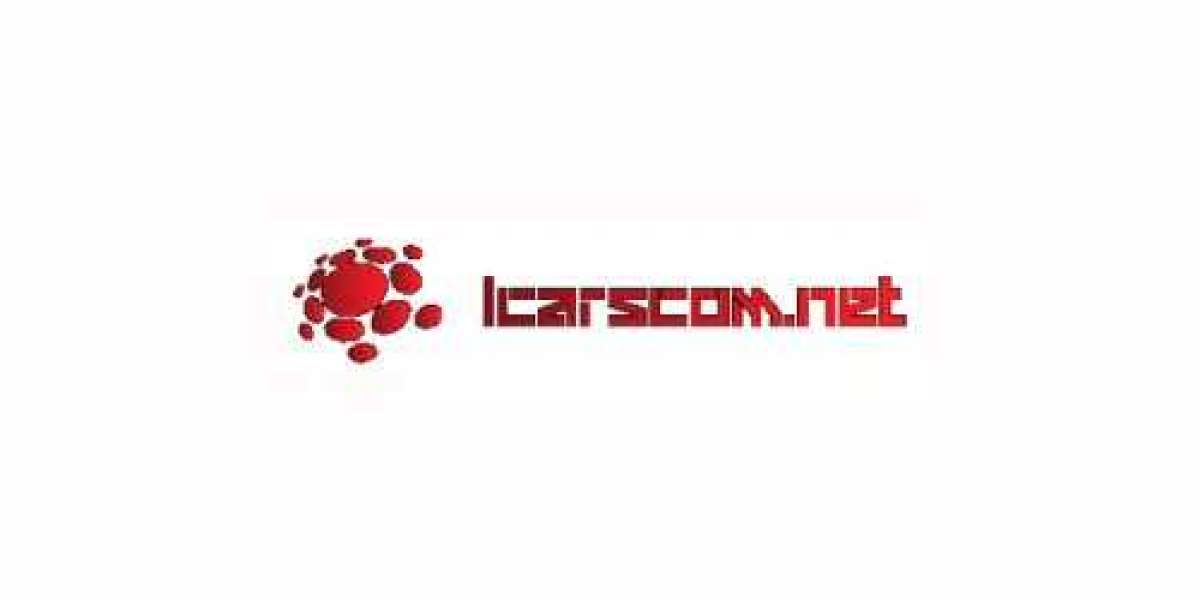The combination of Agile planning and DevSecOps delivery has emerged as a powerful force, showcasing robust, reliable, and scalable solutions to accelerate application delivery. This article explores "The Strategic Value of a DevSecOps Platform Approach," shedding light on how new tools, designed for automated integration, testing, and deployment, have revolutionized the way development teams build and deliver applications.
The DIY Toolchain Conundrum:
While DIY-integrated toolchains have played a crucial role in expediting application delivery, they have inadvertently introduced a set of challenges. The allure of new tools has led to increased complexity, islands of data, inconsistent security settings, and compliance issues. The result is a complex, fragile, and expensive toolchain that hinders development teams, forcing them to waste valuable cycle time tinkering with an assembly line of tools rather than delivering tangible value.
The Call for a Modern Software Factory:
To address the drawbacks of DIY toolchains, the concept of a modern software factory has become imperative. This software factory is envisioned as a clean and efficient assembly line, capable of automating and streamlining the entire software delivery process. The approach focuses on a DevSecOps platform that enables development teams to build, test, and deliver applications without the overhead of managing numerous disparate tools.
Automate and Streamline Software Delivery:
1. Issues and Planning: The software factory begins with delivery teams capturing, discussing, prioritizing, and defining new requirements and use cases. Issues become the foundation for understanding end-user needs and guiding the development process.
2. Code Reviews and Approvals: Automated testing and consistent approval methods are integral to the software factory, ensuring that new code changes align with user needs and comply with quality and accountability standards.
3. Distributed Source Code Management: Embracing a distributed source code management system fosters coordination, sharing, and collaboration across the entire software development team, managing branches, changes, and vulnerabilities.
4. Repository to Manage Binary Assets: The software factory efficiently manages and tracks binary assets produced by the CI pipeline throughout testing, validation, and deployment.
5. Dynamic Test Environments/Infrastructure: Supporting dynamic test environments deployed on demand, leveraging containerization and cloud technology, reduces delays associated with limited testing resources.
6. Continuous Delivery (CD): The CD pipeline, a natural extension of the CI pipeline, simplifies the deployment of cloud-native applications, particularly those using Kubernetes environments.
Send Us a Quick Message: https://devopsenabler.com/contact-us
7. Continuous Integration for Every Commit: The backbone of the software factory, the CI pipeline, automates development tasks for every code change, ensuring the right sequence of tests, scans, and compliance checks are completed.
a. Software Quality Testing: The CI pipeline accelerates testing for every commit, ranging from unit and API tests to functional and non-functional tests, preventing the introduction of defects.
b. Security Testing: Consistent incorporation of security scans into the CI pipeline provides immediate feedback on vulnerabilities or security flaws introduced by code changes, avoiding later rework.
8. Application Monitoring: Rapid and actionable insight from application monitoring in production empowers developers to detect, take action, and continuously improve the application.
9. Incremental Deployment: Supporting incremental deployments minimizes risk, and techniques like canary deployments or feature flags give development teams flexibility while actively managing and mitigating risks.
GitLab: A Unified Solution for DevOps
As a key player in the DevOps landscape, GitLab offers a unique value proposition for development teams seeking simplicity, visibility, and control. With a single, common user experience, a unified security and access model, a single source of truth for reporting and managing development work, simplified compliance and auditing, and a unified governance and compliance model, GitLab provides the foundation for a collaborative and efficient software factory.
The strategic value of adopting a DevSecOps platform approach is evident in the transformation from traditional software delivery processes to a modern software factory. By minimizing the complexities introduced by DIY toolchains, development teams can focus on delivering value rather than navigating a complex assembly line of tools. Through the adoption of a unified DevOps solution like GitLab, development teams can achieve simplicity, visibility, and control, ushering in a future where software development is agile, responsive, and impactful.
Contact Information:
· Phone: 080-28473200 / +91 8880 38 18 58
· Email: sales@devopsenabler.com
· Address: #100, Varanasi Main Road, Bangalore 560036.









